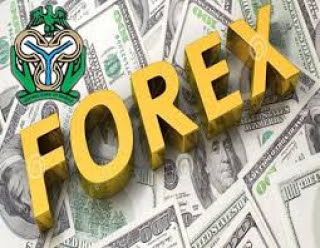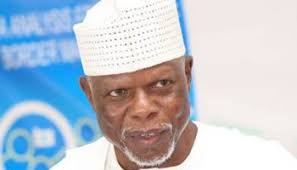As the recent monetary policy measures of the Central Bank of Nigeria (CBN) and electioneering campaigns continue to constrain economic activities nationwide over the past few weeks, researchers at Proshare Nigeria Limited have projected that the nation’s Gross Domestic Product (GDP) will slow down to 2% in the first quarter this year.
This is far slower than the 3.11% real GDP at basic prices recorded in the corresponding quarter of 2022 as reported by the National Bureau of Statistics in its ‘Nigerian Gross Domestic Product Report (Expenditure and Income Approach) for Q1 and Q2 of 2022’ published in November last year.
Researchers in the economic and investment consulting firm in the ‘Analysts Note’ issued on March 2 recalled that in a recent Purchasing Managers’ survey by S&P Global, Nigeria’s PMI fell to 44.7 in February from 53.5 in January, the worst record since the height of the coronavirus pandemic in June 2020.
According to the experts, the February PMI data reflects the cash shortages experienced across the Nigerian economy had a severe impact on the private sector in February.
The firm’s researchers noted declines in both output and new orders, while firms scaled back their purchasing activity and employment even as they were also impacted by shortages of fuel, which added to price pressures and led to supplier delivery delays.
Also, they observed that readings above 50.0 signal an improvement in business conditions in the previous month, while readings below 50.0 showed deterioration as headline PMI dropped below the 50.0 no-change mark in February, posting 44.7 from 53.5 in January.
The analysts noted: “Business conditions deteriorated substantially, ending a 31-month expansion. The decline in operating conditions was the sharpest since the survey began in January 2014, excluding the opening wave of the COVID-19 pandemic in the second quarter of 2020.
“The most severe impacts of cash shortages were seen with in output and new orders. Analysts say that the recent GDP numbers which suggest that the economy grew by 3.52% y/y in Q4:22 from 2.25% Y0Y in Q3 2022 would be reversed by possible contractions in March.
“As the lingering cash shortages will likely dampen economic activities in Q1 2023. Proshare pencil-in a 2% real GDP growth in Q1 2023”, the experts predicted.




